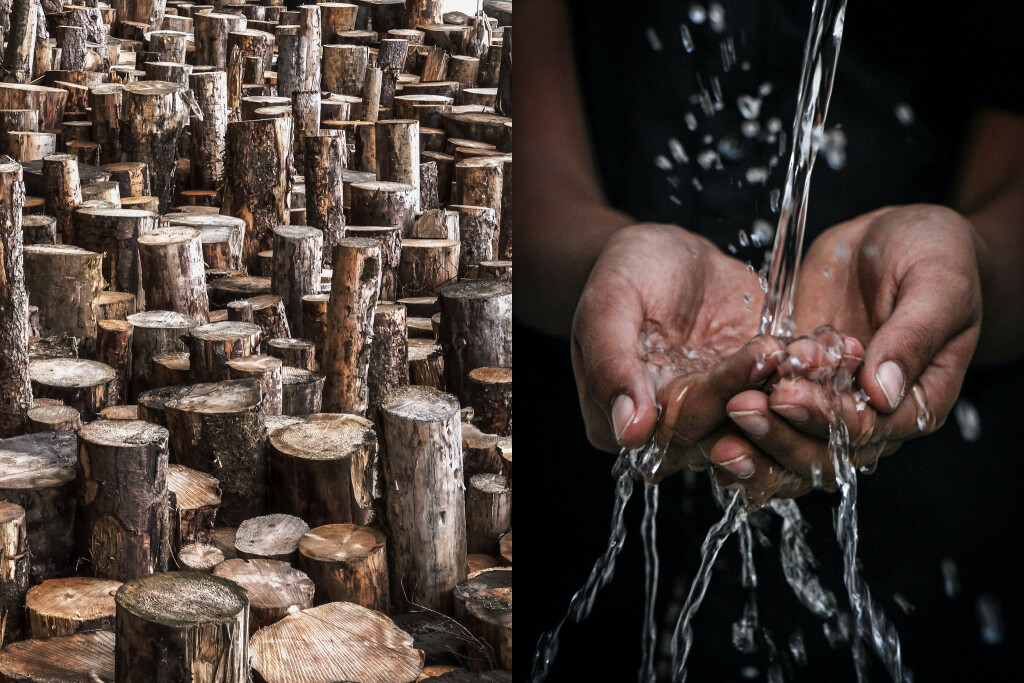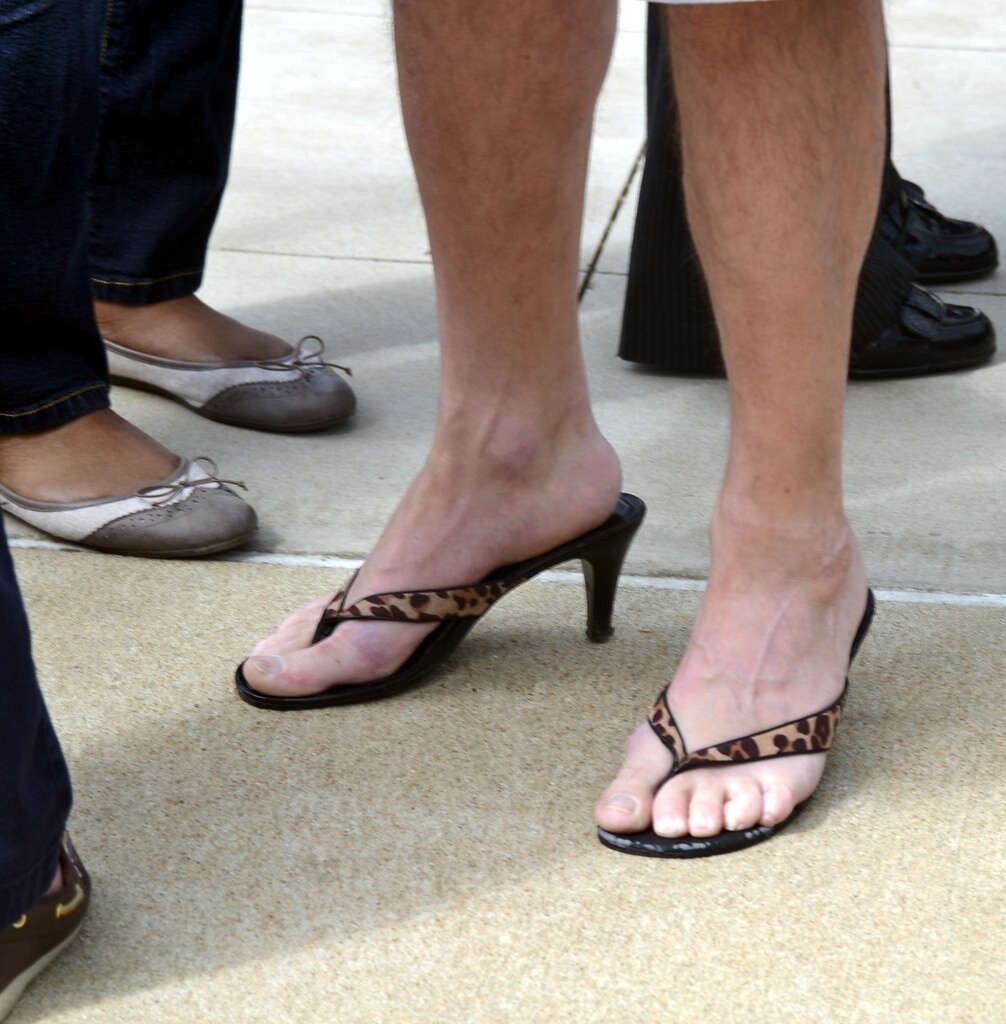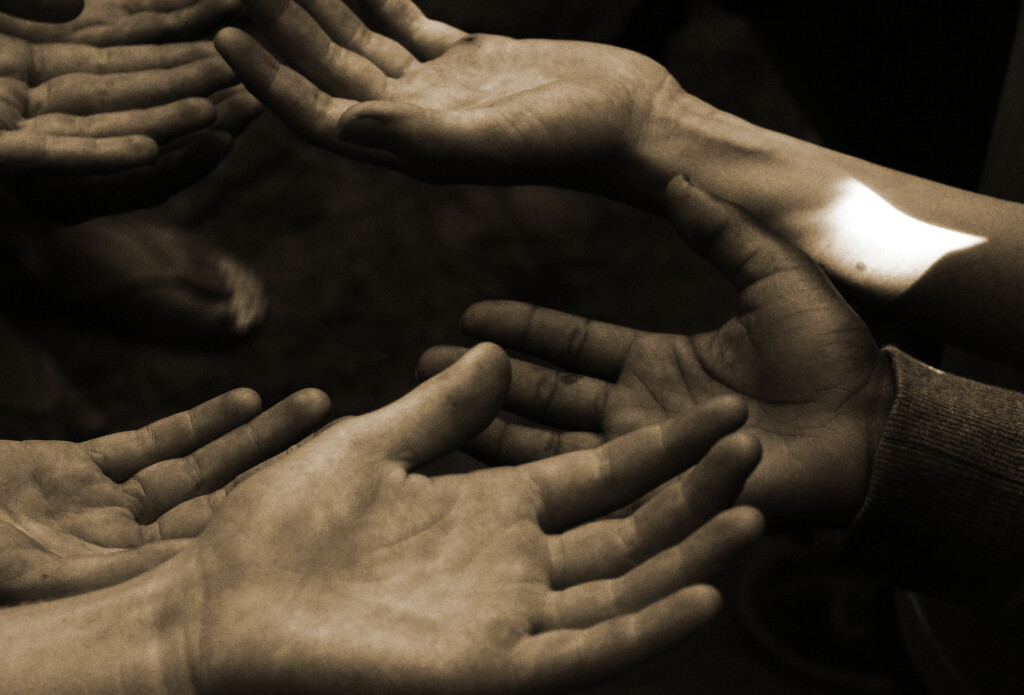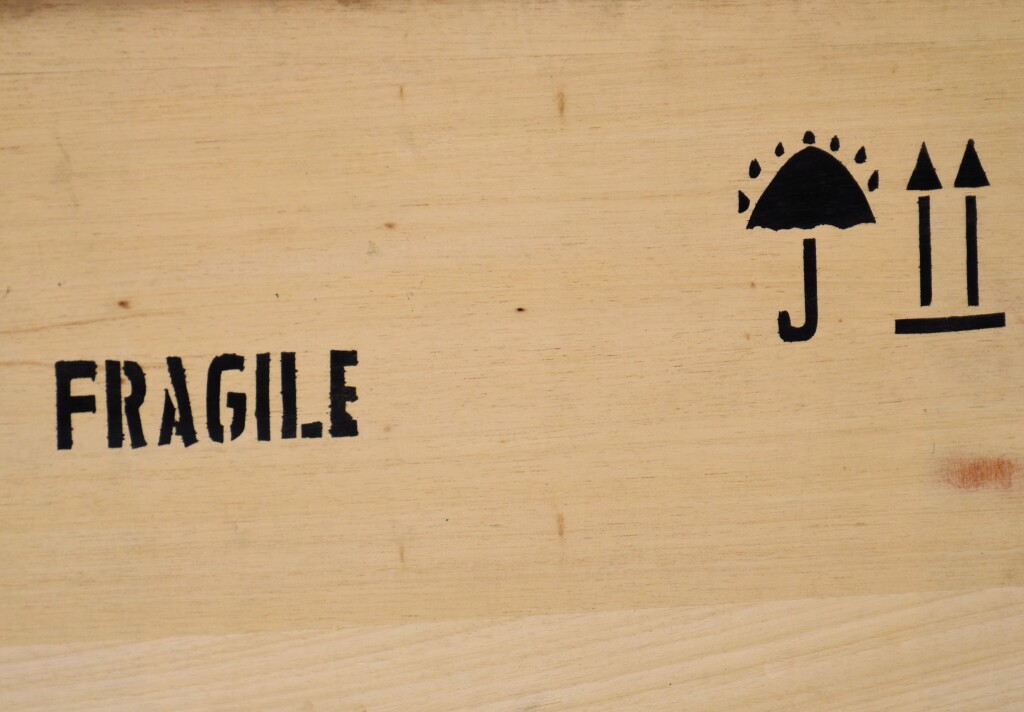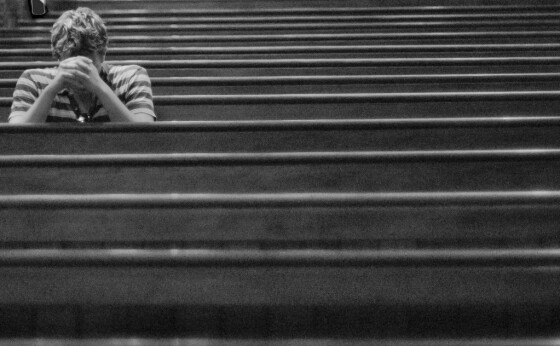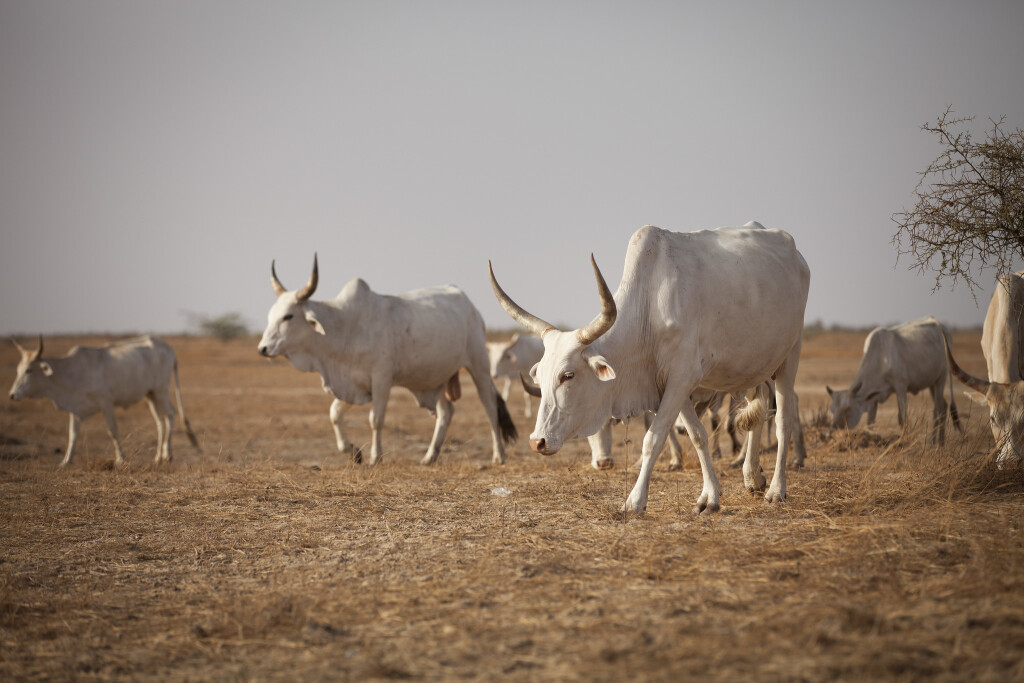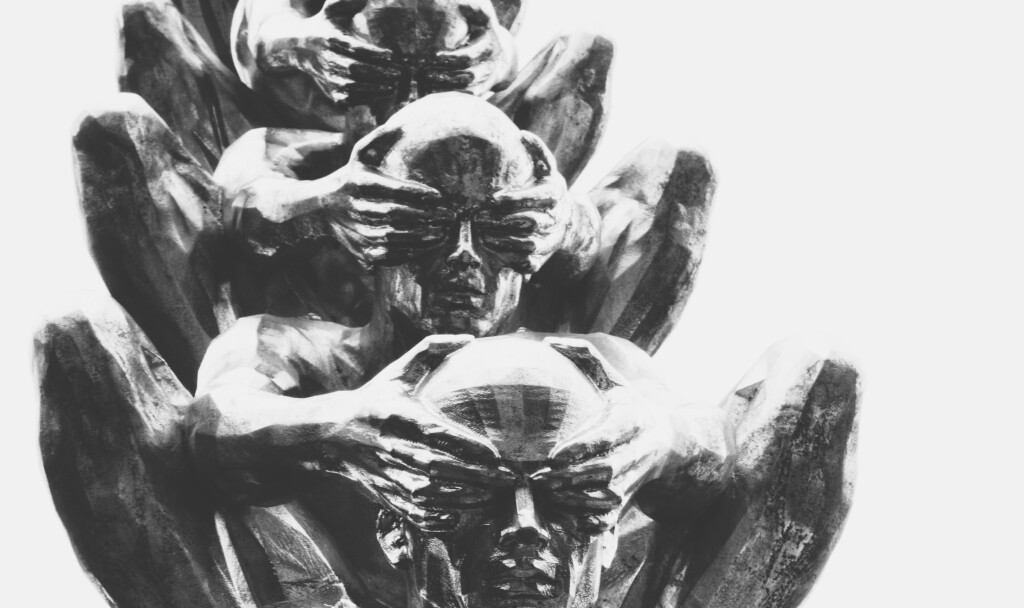Parashat Nitzavim/Rosh Ha-shanah
Deuteronomy 29:9-30:20
This Torah reading is always read right before the New Year. It is the first of the last four Torah portions left in our Torah. After the lengthy and impressive unfolding of the entire Torah, each of these last Torah portions is very short. In comparison to the previous portions, these are like small tidbits of text. It is as if, after a full year of feasting on the amazingly rich nourishment of the Torah’s banquet, we still sit at the table, satiated and yet unable to resist nibbling just a few more delicious bites from the leftovers on the table. Just four more small bites before the meal is really over!

